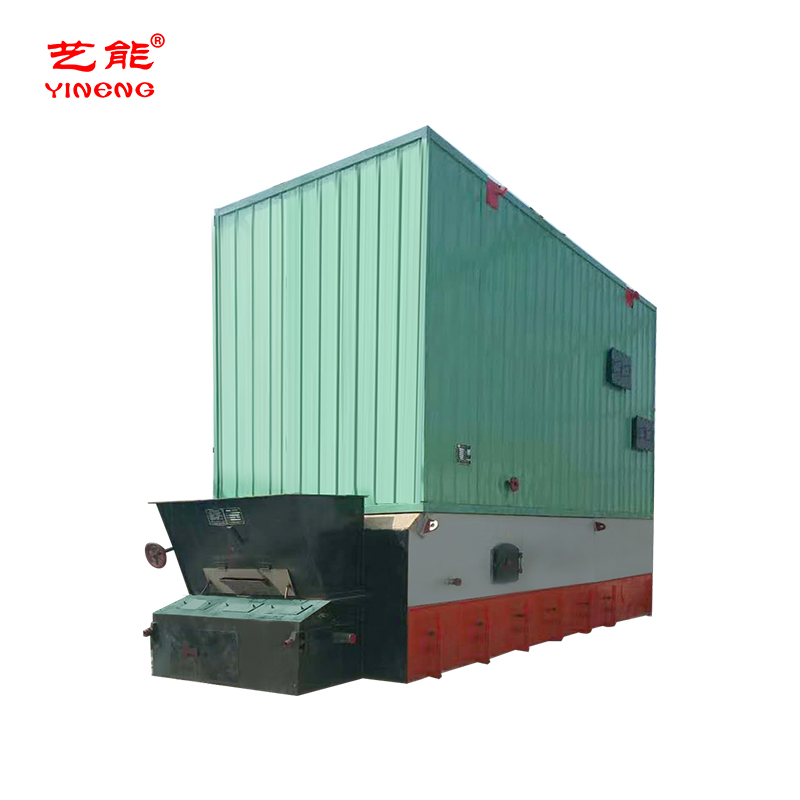How to Keep Your Boiler Running Efficiently for Optimal Performance
The Importance of a Properly Running Boiler What You Need to Know
Boilers play a critical role in our everyday lives, whether in residential homes or commercial buildings. They provide heating and hot water, creating a comfortable and conducive environment. However, one of the biggest concerns among homeowners and property managers alike is ensuring that their boilers are running efficiently and effectively. This article will discuss the benefits of maintaining a well-functioning boiler, factors to consider when buying a new one, and tips for keeping your boiler in optimal condition.
Understanding Boiler Operation
Before diving into the specifics of buying and maintaining a boiler, it's essential to understand how they work. A boiler heats water to provide steam or hot water for heating systems, facilitating a comfortable living or working space. While modern boilers are designed to be energy-efficient and durable, improper installation, maintenance, and usage can lead to decreased performance, increased energy bills, and even safety hazards.
The Benefits of a Properly Running Boiler
1. Energy Efficiency A well-maintained boiler operates more efficiently, helping to lower monthly energy costs. Regular servicing can ensure that your system is running at peak efficiency, maximizing your investment.
2. Extended Lifespan Like any appliance, boilers have a finite lifespan. Routine maintenance can help prolong the life of your boiler, allowing you to get the most out of your investment without needing constant replacements.
3. Safety Assurance Faulty boilers pose significant safety risks, including carbon monoxide leaks and the potential for fires. Keeping your boiler in good working order minimizes these dangers, ensuring safety for residents and occupants.
4. Environmental Impact An efficient boiler consumes less fuel, translating to a smaller carbon footprint. By taking steps to keep your system running smoothly, you're also doing your part to conserve energy and protect the environment.
Factors to Consider When Buying a Boiler
When it comes time to purchase a new boiler, several factors must be considered to ensure that you choose the right model for your needs.
1. Type of Boiler There are several types of boilers available, including combi, system, and conventional boilers. The choice will depend on your property size, hot water needs, and heating requirements.
2. Energy Efficiency Ratings Look for boilers with high efficiency ratings, such as A-rated models. These boilers consume less energy and can significantly reduce heating bills over their lifespan.
buy boiler running

3. Size and Capacity It's crucial to select a boiler that is appropriately sized for your property. A unit that is too small will struggle to meet demand, while one that is too large will cycle on and off frequently, wasting energy.
4. Brand Reputation Research brands known for their reliability and quality. Reviews and recommendations can help you find a boiler that fits your needs and has a solid track record.
5. Installation Costs Don't forget to account for installation costs when budgeting for a new boiler. Professionals should install the system to ensure that it operates safely and efficiently.
Tips for Maintaining Your Boiler
To keep your boiler running effectively, follow these maintenance tips
1. Regular Servicing Schedule annual servicing with a qualified technician. They will inspect, clean, and repair your boiler, ensuring it operates efficiently.
2. Monitor Performance Keep an eye on your boiler’s performance. If you notice irregular noises, fluctuating temperatures, or increased energy bills, it might be time to consult a professional.
3. Bleed Radiators If you notice cold spots on your radiators, bleed them to release trapped air. This will help improve the heating efficiency of your system.
4. Keep the Area Clean Ensure the area around your boiler is free of clutter. Proper ventilation is crucial for safety and efficiency.
5. Check Pressure Levels Regularly check your boiler's pressure gauge. If the pressure is too low or too high, consult your manual or a technician for adjustments.
Conclusion
In conclusion, a properly running boiler is not just a matter of comfort; it is also essential for safety and efficiency. By understanding how your boiler operates, considering the critical factors when buying one, and committing to regular maintenance, you can ensure that your heating system remains reliable and effective for years to come. Investing time and resources into maintaining your boiler will ultimately save you money and provide peace of mind, making it a crucial element of effective home management.
-
Electric Steam Boiler Manufacturers: High-Efficiency Industrial SolutionsNewsAug.27,2025
-
Leading Electric Steam Boiler Manufacturers | Efficient IndustrialNewsAug.26,2025
-
Electric Steam Boiler Manufacturers: Efficient, Reliable SolutionsNewsAug.25,2025
-
Electric Steam Boiler Manufacturers: Efficient & Reliable Industrial SolutionsNewsAug.24,2025
-
Reliable Electric Steam Boiler Manufacturers & Industrial SolutionsNewsAug.23,2025
-
Electric Steam Boiler Manufacturers: Efficient Industrial SolutionsNewsAug.21,2025

